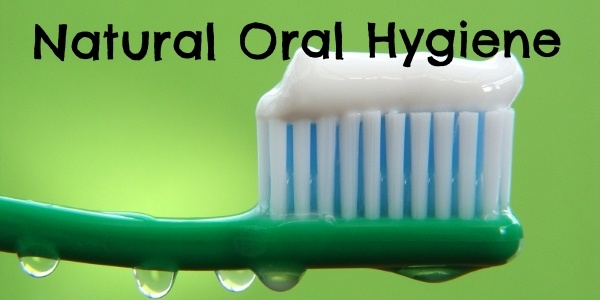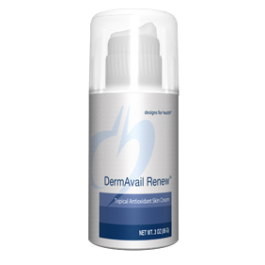
What you eat and how often you eat play an important role in the health of your teeth and preventing cavities. Research shows that children who have healthy dietary...

Years ago, a physician who suspected a patient had heart disease would probably not refer him to a gum specialist. The same holds true for diabetes and arthritis. Times have changed. The past 5 to 10 years have seen a growing body of research linking the health of your mouth to the overall health of your body. According to the American Dental Association, 40 percent of people with gum disease also have a chronic health condition. What's feeding the link? Not taking proper care of your mouth results in bacterial growth, which causes inflammation that not only spurs diseases of the teeth and gums, but can cause problems for other body systems if left unchecked. Oral problems can also be a symptom of other diseases such as diabetes, arthritis, and heart disease.
Several factors can affect oral health--it's not just about brushing and flossing. The health of your mouth and teeth is affected by diet (frequent consumption of processed and high-sugar foods/beverages), stress levels, quality of sleep, poor digestion, deficiencies in minerals and vitamins, and medication.
Living with a chronic health condition can have detrimental effects on oral health. "For example, many medicines ... can reduce the amount of saliva in your mouth, resulting in dry mouth," says Dr. David Albert, associate professor of clinical dentistry at the Columbia University College of Dental Medicine. "Patients with asthma often breathe through their mouths, which can result in dry mouth, increased plaque formation, and gingivitis." (1)
As previously mentioned, oral health has been related to several other health concerns.
Diabetes. One complication of diabetes is gum disease that results from impaired blood flow through the blood vessels. When the gums don't receive sufficient blood flow, they become weak and vulnerable to infection. If diabetes is not properly managed, high glucose levels in the mouth will promote bacterial growth.
Heart disease. Chronic bacterial infection of the gums, or periodontal disease (PD), has been linked to increased risk of heart attack and stroke. Researchers are still examining the exact reasons for this connection, but it has been suggested that PD increases inflammation, a risk factor for heart disease. It's also possible that bacteria from the mouth travels into the bloodstream and adds to buildup of plaque in the arteries. While there isn't a direct cause-and-effect relationship, both PD and heart disease share common risk factors including smoking and diabetes.
Arthritis. In a recent small study, bacteria from the mouth was found in synovial (joint) fluid in people with knee arthritis. For some participants in these studies, there was a genetic match between the bacteria in the mouth and that found in the joint fluid. Further research is required.
Natural Oral Hygiene Habits that Benefit the Whole Body
You are the best advocate for the health of your teeth and mouth. On a weekly basis, check inside your mouth for swollen or bleeding gums; foul mouth odor that does not go away; cracked, chipped, or discolored teeth; tooth and/or jaw pain; and sores or lesions on the gums, cheeks, or tongue. Any of these can be symptomatic of more serious health problems and should be brought to the attention of your doctor. The best way to prevent such problems from developing is to maintain healthy dental hygiene habits:
(1) Simple Steps to Better Dental Health. "Eight Steps to Dental Health." Updated June 27, 2014.

What you eat and how often you eat play an important role in the health of your teeth and preventing cavities. Research shows that children who have healthy dietary...

DermAvail Renew™ is a cosmetic cream containing a comprehensive, synergistic blend of essential skin-directed nutrients along with natural stimulating...